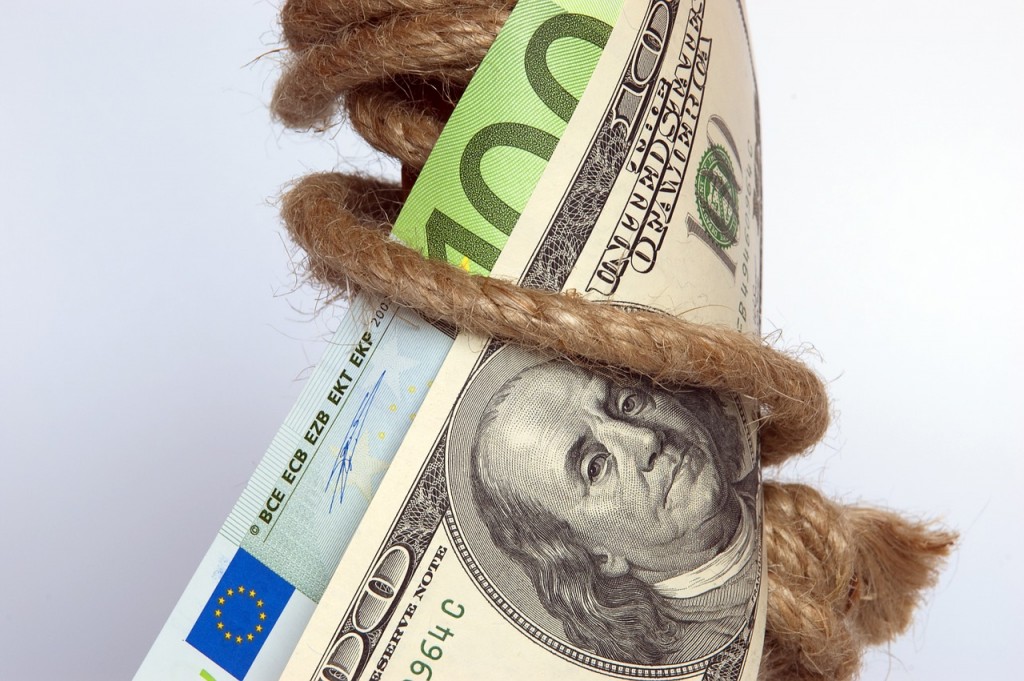Money talk isn’t exactly dinner table conversation in many Singaporean homes. You can bet we’ve all heard the usual: “Don’t spend unnecessarily”, “Save your angbao money”, or worse, just silence when it comes to CPF, loans, or budgeting.
Whether it was your mom, your dad, your loud uncle at Chinese New Year, or your office colleague who still pays minimum on their credit card, the financial “wisdom” we grew up with often came with good intentions but not always good outcomes.
So here’s a real talk list of bad financial lessons many of us were taught.
#1: NO CREDIT IS GOOD CREDIT
Some of us were raised with the fear of credit cards. “Ah girl, don’t take credit card ah. Later you kena debt!”
My friend’s parents had their struggles with borrowing, so they swung the other way and taught them to avoid debt completely. But here’s the thing. No credit history can actually work against you.
Without any credit activity, like responsibly using a card and paying it off, you might find it hard to get a loan or rent a flat. Credit isn’t the enemy. Misusing it is.
#2: DON’T WASTE = REPLACE EVERYTHING
You know the classic auntie logic: “Don’t waste money on repairing lah, just buy new one.”
Whether it was a microwave, a pair of shoes, or even a fan, if it broke, we just tossed it and replaced it. Never mind that a simple fix might cost less and last longer. Somewhere along the way, the “waste not, want not” principle got twisted.
#3: SWIPE FIRST, THINK LATER
Living beyond our means is something many of us saw growing up but didn’t realize was a problem until adulthood.

Image Credits: unsplash.com
Some elders would say, “Just put on card first lah, pay later.” But later never really came. Buying branded goods on installment plans, splurging at Robinsons or TANGS sales, or upgrading gadgets every year became the norm, not the exception. Saving up first before spending? Almost unheard of.
#4: NO PLAN, NO PROBLEM (UNTIL IT’S A PROBLEM)
Planning for the future? Wah, so far one. Whether it was not having insurance, skipping CPF top-ups, or not saving for retirement, the mindset was very much “today first, tomorrow worry later.”
Problem is, later always comes and then we scramble.
#5: ONE-DAY MILLIONAIRE SYNDROME
You know this one. Payday comes, and suddenly it’s crab dinner, new clothes, kopi upgraded to Starbucks. Next thing you know, end of the month liao, and it’s instant noodles until the next pay comes in.
It wasn’t that our parents were reckless. Just that budgeting wasn’t something they were taught either. So what did we learn? That spending is reward and saving is optional. Oops!
#6: MONEY TALK = TABOO
In many households, money talk is more hush-hush than your cousin’s secret engagement.
We don’t discuss how much we earn, how much we owe, or whether we’re struggling. The result? Most of us grew up with a very murky idea of how money works. We weren’t taught about insurance, taxes, or loans. We were just expected to figure it out, somehow.
IN A NUTSHELL
Our parents did their best, but now it’s our turn to get smart.
Start small. Track your spending, ask questions, learn what you missed. There are loads of free financial literacy programs now. DBS, OCBC, and even CPF have online tools to help you budget, plan for retirement, or understand your savings options. Nonprofits like Credit Counselling Singapore (CCS) also offer workshops if you’re feeling a little lost about managing debt or building your credit.

Image Credits: unsplash.com
There’s no shame in learning money skills as an adult. Better late than broke!






